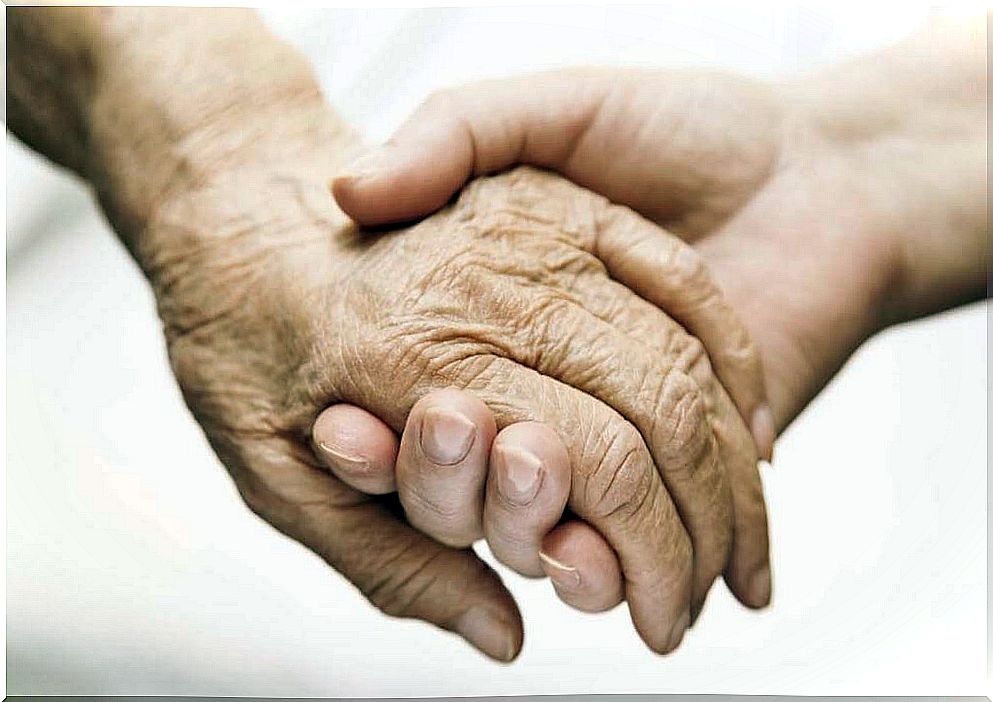Understanding Caregiver Syndrome

Usually, caring for another person sometimes requires a good deal of patience.
If this commitment exceeds certain limits, stress, physical and psychological exhaustion appear and pass the bill to us. It is in this context that we can understand the “caregiver syndrome”.
The caregiver syndrome
Caregiver syndrome is a disorder that affects people who need to take over this role.
It is characterized by a gradual deterioration of negative symptoms. These symptoms occur because the caregiver gradually transforms his or her life into that of the patient and takes ownership of the problems that the patient encounters.
Caring 24 hours a day for a person who suffers from an illness or who presents a type of handicap, generates a load that it is necessary to reduce with moments of disconnection, or abandonment of the role.
Taking charge of someone involves taking on and carrying out activities for which we are often not prepared and which we need to get used to.
This responsibility can eventually lead to this disorder, since according to experts, the syndrome develops as the caregiver assumes the tasks (food, medicine, hygiene …), which involve constantly monitoring the other person, which can be a problem. psychological and physical burden.
The responsibility of caring for a patient requires a full-time commitment, which robs time for other personal and social activities.
This continued care creates exhaustion for the provider. In addition, he creates both anxiety and a feeling of guilt when he is not devoting himself to the other person at a certain point in time.
This can lead to anxiety, depression, isolation, trouble sleeping and, most importantly, physical and mental fatigue.
The caregiver’s life changes completely
When a person takes on the role of caregiver, their life changes completely. The time she devotes to herself is minimized, which affects her personal, social and professional relationships.
His mood becomes more sensitive and irritable. Far from helping, it harms the caregiver as well as the dependent person.
The key is to detect the onset of this syndrome and prevent it. taking responsibility for taking care of another person involves preparing for it.
This requires the acquisition of skills for medical care as well as the organization and distribution of tasks with others in order to avoid the overload of functions and therefore anxiety.
Another fundamental aspect that experts emphasize is to avoid by all means canceling your social life. It is important to continue to enjoy a few hours of free time so that you can disconnect from this difficult task.
This positively affects the mood of the caregiver and therefore it will be easier for him to take on this role.
When the experience of caring for another person stretches over time, one of the most recommended options is to try and seek outside support and resources to deal with this difficult situation.
This alternative is not always available to the caregiver, but we must try to ask for help to avoid accentuating the emotional disturbances that this task brings us.
It is important, and even essential, that the caregiver finds the time to take care of themselves or that another person takes care of them.
Otherwise, the person who takes care of such a beautiful role will end up getting sick. We have to take care of the caregiver, because who deserves more attention than the caregiver?








